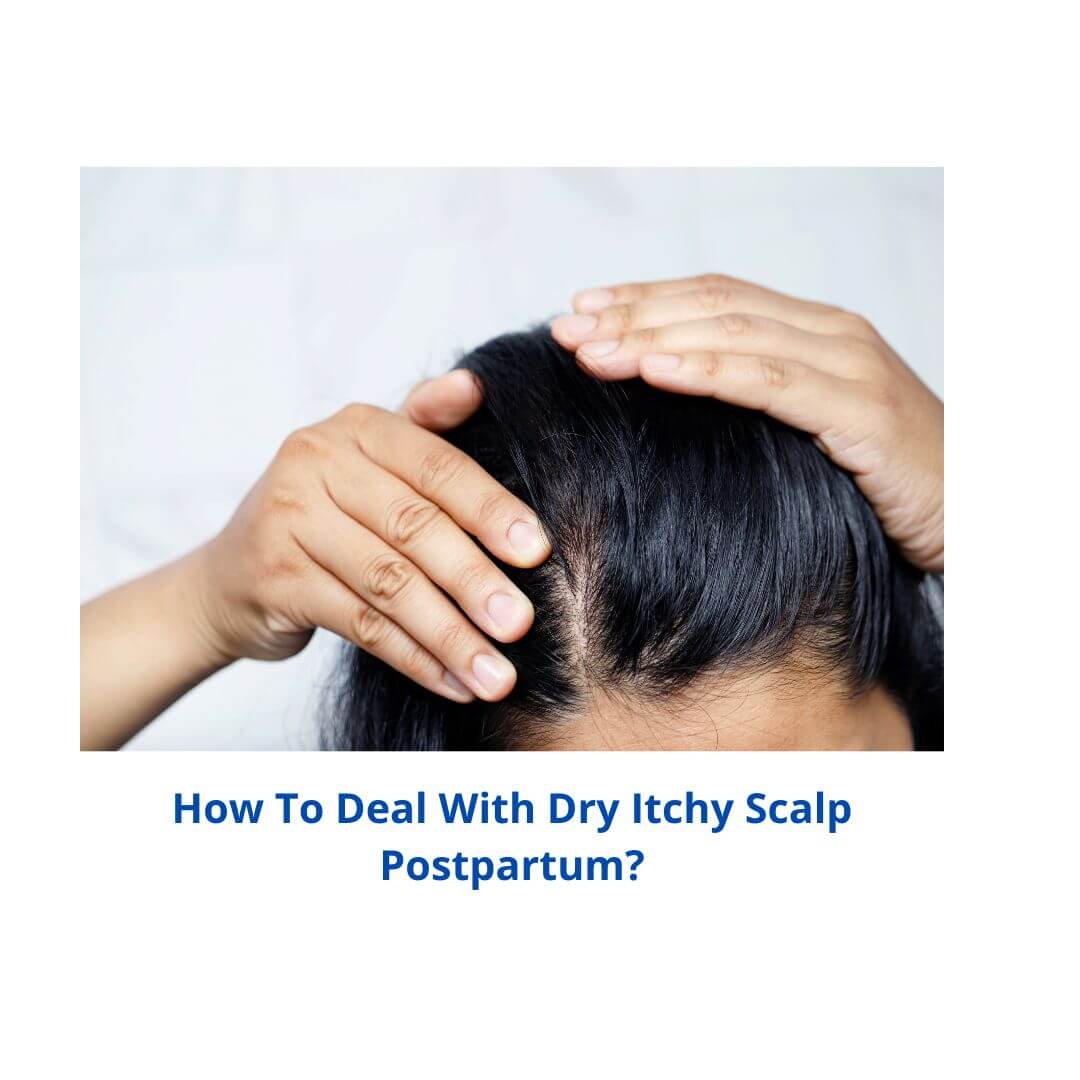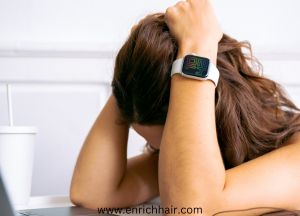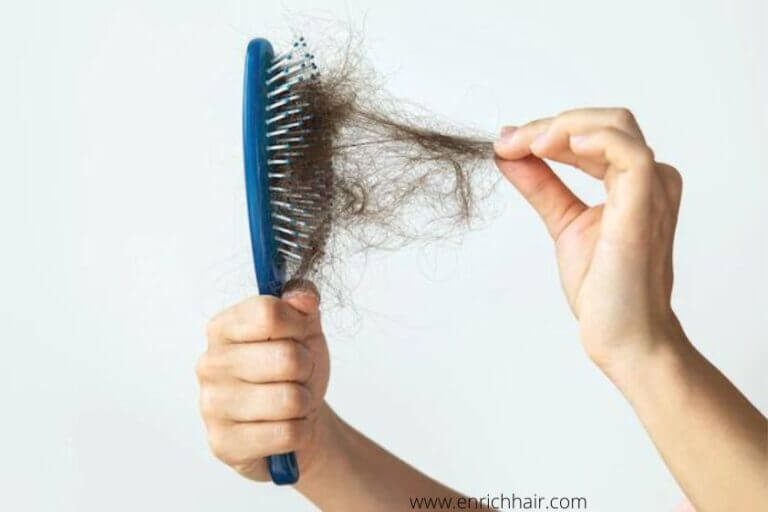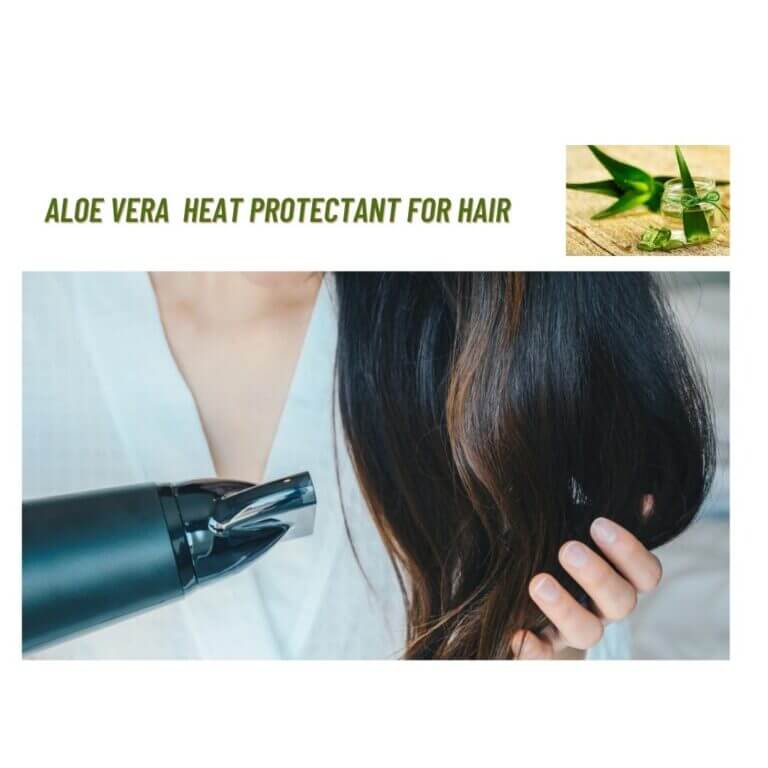How To Deal With Dry Itchy Scalp Postpartum?
Table of Contents
Postpartum hair fall is a condition that afflicts several women across the globe. Predominantly, hairfalls were reported by women who had experienced pregnancy for about five months or above. However, other women experienced hair fall after the birth of their child for about three months. In the first two months, it is quite common for women to experience hair fall and other hair-related problems. However, after two months, the hair fall should be considered a persistent problem that should be taken care of as soon as possible. Everyone is prone to dry itchy scalp after giving birth to a child.
How To Identify Dry Itchy Scalp Postpartum?
Dry scalp areas can be the result of a wide range of underlying skin conditions and can be one of the first symptoms of hair loss. Using a product with a high chance of containing sulfates and parabens should be avoided to help reduce the severity of the symptoms.
In most cases, the best thing to do is to make sure that the affected area is completely clean and that it does not get infected. In this article, we will provide the steps for evaluating and treating a dry itchy scalp postpartum.
After having a baby, it’s typical to be overwhelmed with sleep deprivation and stress. This can cause your hormones to go a bit haywire and can leave your skin in poor condition. No one likes dry itchy scalp postpartum. It can be extremely uncomfortable and embarrassing. But not to worry! Below are some tips to keep your scalp moisturized and in tip-top shape!
Causes Of Dry Itchy Scalp Postpartum?
Itchy scalp postpartum can have various causes. It can be a symptom of a more serious condition and it can also be a reaction to something you’re using on your hair or scalp.
There are four main causes of an itchy scalp postpartum. The first is postpartum thyroiditis. This is a condition in which the thyroid gland goes through changes during and after pregnancy and this can cause an itchy scalp. The second is a reaction to your shampoo or other hair products. The third is a condition called seborrheic dermatitis. This condition causes your scalp to be itchy and flaky. The fourth is psoriasis. This condition results in a red, scaly, itchy scalp.
How To Stop Dry Itchy Scalp Postpartum?
Having a baby is a wonderful thing. But it is also a difficult thing. Your body goes through a lot of changes. You had a baby and now your scalp is dry and itchy. Postpartum hair loss occurs during and after pregnancy. Hair loss during this phase is primarily affected by hormones. It is also a side effect of many of the medicines prescribed to treat hormonal imbalances and depression caused by the hormonal changes associated with childbirth.
The first step to getting rid of an itchy scalp due to hair loss is to consult your doctor. He will be able to determine if the cause is a hormonal problem or something else. He may prescribe a scalp treatment to relieve the itchiness and reduce hair fall. One of the most important rules during this phase is to avoid using shampoos with harsh chemicals. Our hair becomes extra sensitive during pregnancy and shedding so make sure you use mild shampoos. Remember, you’re beautiful, you’re strong, and you’re a new mother.
Natural Solutions For Dry Itchy Scalp Postpartum
No one wants a dry, itchy scalp especially if you’re used to having healthy hair! However, after you’ve given birth your primary focus should be caring for your new bundle of joy. Try massaging coconut oil into the scalp, it’s a natural moisturizer and it can help with the itchiness. You should also eat a healthy diet, drink plenty of water, and stay away from unhealthy foods, which will not only help with your itchy scalp but will help you regain your energy and refresh your mind.
Tips To Overcome Dry Itchy Scalp Postpartum
If you are dealing with a dry itchy scalp postpartum, there are several things you can do.
1. Best Nutrients Intake
It would help if you also got an extra vitamin C and zinc dose to help your hair and skin. This can help soothe your dry itchy scalp postpartum.
2. Use Of The Right Product
You can also try a gentle shampoo and conditioner.
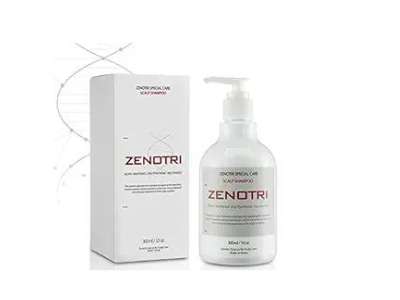
 3. Avoid Washing Hair Every Day
3. Avoid Washing Hair Every Day
You should also try to avoid washing your hair every day. Washing your hair every day can strip it of the natural oils that it needs. Try to space out your washes every other day.
4. Avoid The Heat
while you are suffering from a dry itchy scalp postpartum, try to avoid flat iron, blow dryers, etc
5. Avoid Scratching
The best way to combat a dry scalp is to not scratch it. If you do, you are risking infection as well as making it itchy more.
6. Less Stress

Dry Itchy Scalp Supplements
If you’re one of them, you might have heard about dry itchy scalp supplements. These are great because they do more than just help with your dry itchy scalp. Your dry itchy scalp supplements will help soothe the itchiness, reduce inflammation and dryness, and hydrate your scalp. They also help strengthen your hair, helping it grow longer and stronger and preventing breakage.
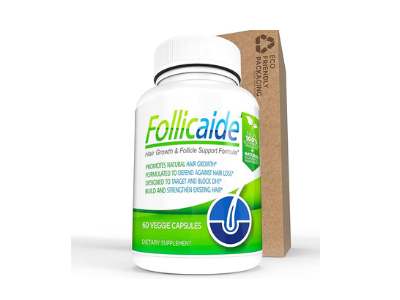
Dry itchy scalp supplements can be an excellent way to treat an itchy scalp. The ingredients work by reducing the amount of DHT (dihydrotestosterone) in the scalp. This way, the scalp stops being dry and itchy. As soon as you start using the product, you will feel a difference in your discomfort. Some of the ingredients are Biotin, Vitamin E, Niacin, and Zinc. You can use this product as a long-term treatment, or you can use it as a one-time treatment. The choice is yours!
Postpartum hair loss can be an embarrassing and frustrating problem. But you’re not alone and there are a variety of solutions, If none of these options work, then you may want to consider visiting a dermatologist for itchy scalp relief.

